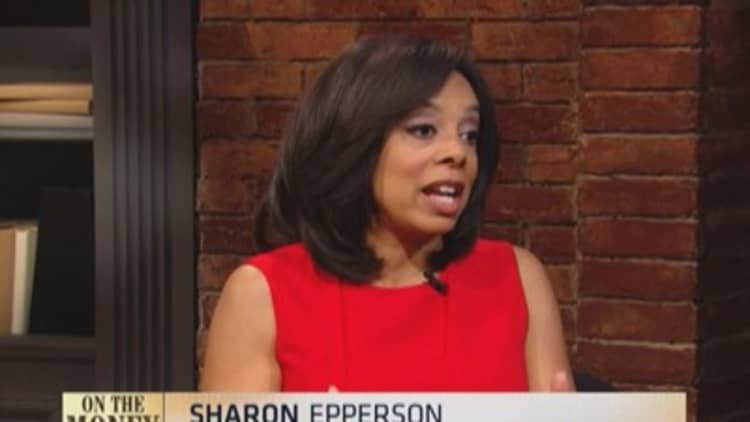
If you're booking a weekend getaway, buying a new grill, or trying to find the best outdoor café in the neighborhood, you may check your smartphone or laptop first to read a few online reviews.
How influential are online reviews?
Of course, you know you shouldn't believe every review you read. Yet nearly 80 percent of consumers trust online review sites as much as personal recommendations, according to a study by BrightLocal, and almost 75 percent say positive reviews make them trust a business more.
Only about 25 percent believe information available on rating sites is unfair, based on another survey by Maritz Research. As you might predict, both studies found older baby boomers are less trusting of online review sites than younger consumers who have grown up logging on, reading and valuing reviews.
Read MoreJilted by a wedding venue: How to protect yourself
While new review sites are constantly popping up, consumers tend to stick to the larger and more established ones. Maritz Research surveyed over 3,400 people last year for their opinions about 13 customer review and ratings sites. The online travel site TripAdvisor and restaurant review site Zagat topped their list of "Most Trusted Sites". OpenTable, which rates and reviews restaurants, the automotive website Edmunds.com, and Yelp , which also reviews restaurants and other local businesses, rounded out the top five.
Figuring out which online reviews are most reliable
The number of reviews on these sites can be overwhelming. TripAdvisor has more than 150 million reviews and opinions on its site. Yelp has more than 57 million local reviews. Which online sites should be trusted and which you should discount?
Here are four key steps to follow:
1. Check out the reviewer
Look at other reviews by the same reviewer to help you decide how much trust to put on the opinions of that person. Be wary of "one-time" or "first time" reviewers. Read the reviewer's posts on products, businesses, and services other than the one you are looking to buy.
Also, "Google" the reviewer and look them up on social media. Some sites require people to use their Facebook account to post comments.
2. Read a dozen reviews on several sites
If you're rushing to make a dinner reservation or book a trip or buy a product before the "sale" is over, you may not take the time to read a lot reviews to form an opinion about the site and decide whether it's trustworthy.
Read MoreDuck confit? Starbucks buys into 'fast casual'
One study found most consumers make a decision after reading fewer than seven reviews. Don't skimp. Compare reviews on multiple sites so you can determine whether there is a trend.
TripAdvisor says on average, people read over a dozen reviews on its site before deciding where to book. A dozen reviews is a good guideline for every consumer, but be sure to check multiple sites.
3. Be wary of similar wording on reviews
You may see that a reviewer has used the same wording on comments for a number of products or services. This may be an indication that the reviewer is being paid for reviews. Also if the reviewer uses specific wording that is helpful to consumer who are searching for a particular product, they may be a paid blogger for the company.
4. Discount "extreme" reviews
You know some reviewers are going to love that hotel or restaurant and others are going to hate it. If a reviewer is going completely over the top making extremely positive or negative comments, it's worth checking out the reviewer. They may have some incentive for posting that review (competition or compensation). Or it may be a fake.
What to do if you think an online review is a fake?
While the law says that reviewers should disclose if they any connection to the company, some businesses may have family and friends write reviews or will pay people to contribute glowing testimonials and present them as unbiased recommendations. It can be difficult to tell if the reviewer has a connection to the company, but doing an Internet search on the reviewer may give you some insight.
Read MoreThe next generation of the Yellow Pages
Try to verify if the reviewer has actually purchased a product. Amazon.com, for example, will tell you whether a reviewer has bought the item they are reviewing through the online store.
Check out the site with an independent, third-party source, such as Consumer Reports or the Better Business Bureau.
If you think the review is a fake, contact the Federal Trade Commission.
—By CNBC's Sharon Epperson


